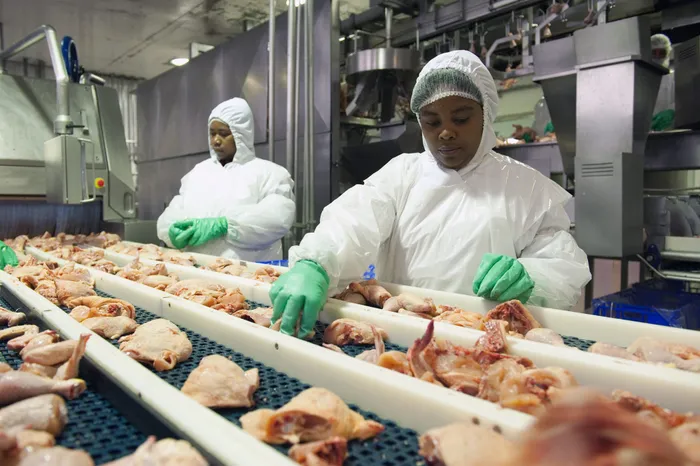Astral Foods backs Competition Commission’s poultry market inquiry
COMPETITION

Astral Foods on Friday said it supported the inquiry’s objectives and would use the platform to highlight the role of integrated poultry production in strengthening food security and driving sustainable employment.
Image: Supplied
Major poultry producer Astral Foods has welcomed the Competition Commission’s Poultry Market Inquiry (PMI), saying it provides an important opportunity for constructive engagement on the structure and competitiveness of South Africa’s poultry value chain.
In a statement on Friday, the JSE-listed company said it supported the inquiry’s objectives and would use the platform to highlight the role of integrated poultry production in strengthening food security and driving sustainable employment.
Astral emphasised that the PMI “is not an investigation into anti-competitive behaviour,” but rather an assessment of how the market functions and whether any structural issues distort competition.
"Astral will, as a listed poultry producer, engage constructively with the inquiry process. Astral will also participate as a member of the industry body, SAPA," said CEO Gary Arnold.
"Astral will continue to update the market as and when appropriate, should any material developments arise."
Astral recently received government approval to implement its own avian flu vaccination programme, following a lengthy application process and strict monitoring and biosecurity conditions.
Earlier this year, the Public Investment Corporation (PIC) reduced its shareholding in Astral from 27% to 24%.
The poultry industry is dominated by four major producers — Astral, Rainbow Chicken, Country Bird Holdings, and Sovereign Foods — which collectively account for about 63% of South Africa’s chicken production.
The Commission said the PMI will examine whether structural features of the poultry value chain distort competition, including pricing and access to key inputs such as genetic stock, parent stock, feed, fertile eggs, day-old chicks, abattoirs, and cold-chain logistics.
It will also evaluate the financial performance of industry players, key cost drivers, and barriers to entry, while assessing whether vertical integration—where large companies control multiple stages of production—creates efficiencies or limits competition.
"Contract growers, while an important part of the value chain, remain highly dependent on integrated producers for key inputs such as feed and day-old chicks. This dependence may also constrain their ability to develop independent routes to market through retail or fast-food channels," said the Commission.
The PMI will further assess the international competitiveness of the local industry and the impact of imports on domestic producers, consumers, and overall welfare.
According to the Commission, South Africa’s poultry value chain is highly concentrated and vertically integrated, with the same large companies dominating across multiple stages of production.
Access to breeding stock remains a critical factor. Globally, just two companies — Aviagen Inc. and Cobb-Vantress LLC — control about 90% of broiler breeds. In South Africa, Astral distributes Ross 308, RCL supplies Cobb 500, and Country Bird Holdings controls Arbor Acres.
For egg production, Quantum Foods imports Lohmann breeds, while Hy-Line South Africa brings in Hy-Line stock. Serfontein Poultry distributes the Dekalb Amberlink breed.
Local distributors maintain significant control, supplying both integrated and contract breeders with day-old chicks and parent stock.
Feed production is also concentrated, with 30 manufacturers operating in 2020 — but three integrated firms producing 75% of all feed: Meadow Feeds (Astral), Epol (RCL Foods), and Afgri. Nova Feeds, part of Quantum Foods, is another major player, while independent mills account for just 25% of the market.
In the egg sector, Quantum Foods and Kuipers Group control about 51% of supply, with around 75% of all eggs sold through formal retail and hospitality channels.
The Commission noted that RCL Foods and Astral have consistently held more than 35% of the local broiler market since 2015 — and close to 50% when exports are excluded.
Despite efforts to support smaller producers, emerging players have struggled to meaningfully challenge the dominance of the major integrated companies.
BUSINESS REPORT